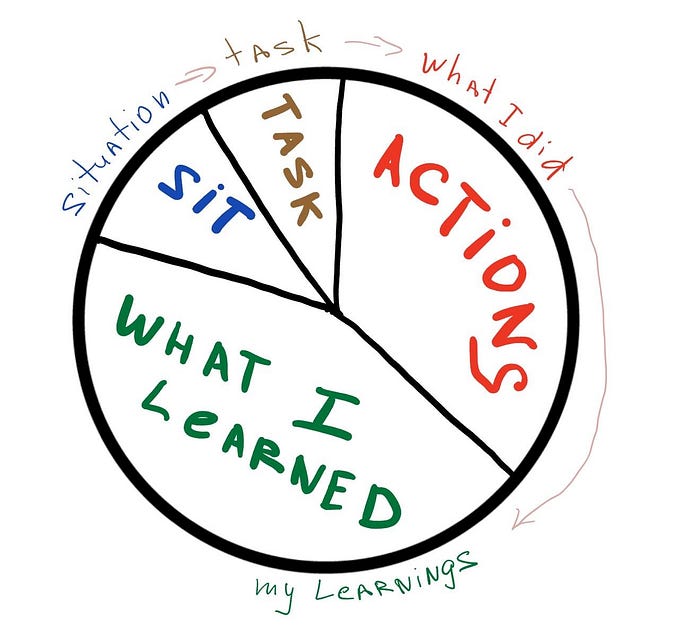
This article appeared in Political Critique — magazine of politics and culture
In Macedonia’s capital, Skopje, renovations are well underway. Grand renaissance buildings leer over the maze of concrete streets, and statues of heroic Macedonian’s wait patiently on every corner and line every bridge, ready to reveal their country’s illustrious past. The restoration of the city, labelled ‘Skopje 2014’, is supposed to foster an image of the ‘Holy Macedonia’ as a rich and bountiful state with a proud history — estimates put the cost of the project at between 200 and 500 million euros.

But behind the veil of these monuments lies a different truth.
Walk just a few kilometers north from the statue of Alexander the Great (cost: $7.5 million) and a different world begins to appear; one the city councillors and town planners do not put on their tourist maps. This is Šuto Orizari, one of Skopje’s ten municipalities and home to one of the largest Roma communities in Europe: of the approximately 25,000 inhabitants in the district, 80% are Roma. Šutka is a city inside a city; it has its own Romani Mayor, Romani representatives in Parliament and Romany as one of its official languages.
There are no monuments in this part of town, no grand facades or Ionic columns, and no sign of the noble capital just a short walk away. Here is the reality of life for the Romani in Skopje, and the consequence of a government that spends more on building statues to people that died centuries ago than on the poor in its own capita that are still living.

There are no monuments in this part of town,
no grand facades or Ionic columns, and no
sign of the noble capital just a short walk
away. Here is the reality of life for the
Romani in Skopje, and the consequence
of a government that spends more on
building statues to people that died
centuries ago than on the poor in its
own capital that are still living.
I stepped nervously over the invisible threshold and into streets that felt distrustful. Šutka has a reputation as a dangerous neighbourhood and I had been warned by several people to avoid it. The danger was made more poignant by my situation: I am a young woman, a foreigner and I do not know the Macedonian or the Roma language. In the event my fears were unfounded, I was treated with courtesy and kindness almost obsessively and never felt threatened at all. Still, I felt watched. Even when no one was looking at me I was conscious that this was unlike the rest of Skopje. Here was different, and, even though I did not stand out from the crowd, I was conspicuous. I did not belong to this place. You are not gawped at or ridiculed — you’re The Other, The Stranger which they simply ignore, like they themselves have been ignored by their fellow citizens.

Only rarely did I dare to take photos, not because I was afraid of theft but because I couldn't overcome the silent judgement on the faces I saw. “Who am I?” I thought, to come poking my expensive lens into these people’s lives — it felt like I was mocking them, like I was on a Poverty Safari. The majority of Šutka’s inhabitants live in abandoned, unsafe looking buildings that mostly have not had running water or electricity for years. Most lack windows, are covered in graffiti and dirt and lack all the trappings of conventional living. Fires stoked on the guts of a nearby landfill heat the home and provide the hot water used to soak dirty clothes in great iron pans. Once the cloths are clean (although clean has a different meaning here) the same pan is used for the nights soup.
Unemployment is endemic in the area and life for many is eked out by begging, or by trading items of little value — many, however, no longer try, and simply sit and wait, watching the world go by. Despite this, there is prosperity amongst the poverty. Occasionally large, Roman-style villas, clean and festooned with gold stucco, rise above the squalor like an iceberg floating in water. Somehow this contrast does not create resentment: the rich and the destitute mingle without incident. Strangely, those who I met were content. Their lives are unfair; they are the poorest people in a poor country; they are surrounded by comparative wealth and prejudice and yet they are living in peace, reconciled with their fate.

Some children also attend ‘night school’ where, regardless of age, they are taught primary level education, including learning to read, write and use a computer — though how the children are expected to use a computer at home without electricity is unclear.
There are several social organizations working with the Roma in Šutka. One of these institutions, called ‘Gradinka’, acts as a much-needed preschool and day center for the youth. It was here that I met Marion, a French volunteer who helped the children using non-formal education. She explained that much of their time is given over to teaching children the basics that school education overlooks — either through ignorance or inaction — such as making fruit salad and learning to brush their teeth. A gap in these children’s lives, caused by parental naivety and state neglect and compounded by staggering poverty, has left many without essential life skills — skills I, and so many others, take for granted.
Some children also attend ‘night school’ where, regardless of age, they are taught primary level education, including learning to read, write and use a computer — though how the children are expected to use a computer at home without electricity is unclear. For many the daily struggle to put food on the table does not permit time for school. Children are encouraged from an early age to aid the family by either begging or collecting recyclable materials such as plastic bottles. The government does offer financial support for these families but many do not realize it is available, and, if they do, may not have the correct documents, or even the literary skills to fill in the forms.

Unemployment is endemic in the
area and life for many is eked out
by begging, or by trading items
of little value — many, however,
no longer try, and simply sit
and wait, watching
the world go by.
I left Šutka less than elated. This is not the only Roma district in Skopje; it is only the most populous. Elsewhere in Skopje, Macedonia and across Europe, the Romani struggle on, forgotten or ignored, with little hope of respite. The ‘Wanderers’ are now rooted. Marginalized into the smallest, corners of the city, and into the smallest corners of society. For the Roma to assimilate and for Šutka to join the rest of Skopje, a whole culture of attitudes must be changed. Parents must be educated; children must be moved from picking up bottles and into the classrooms and Macedonians must stop vilifying and patronizing them.
Most of all though, the government will need to stop spending money on statues, and start spending money on people.
Text and photo by:
Jack Pitts: Freelance travel writer and journalist from Britain, though he spends much of his time in distant places | jackapitts@googlemail.com
Katarzyna Strzelec: Graduated from philological studies, history of theatre and philosophy. Youth worker in NGO sector, solo traveller and photographer | strzelec.katarzyna70@gmail.com

DOCUMENTARY:
The Sutka Book of Records
directed by Aleksandar Manic
This article appeared in Political Critique — magazine of politics and culture












